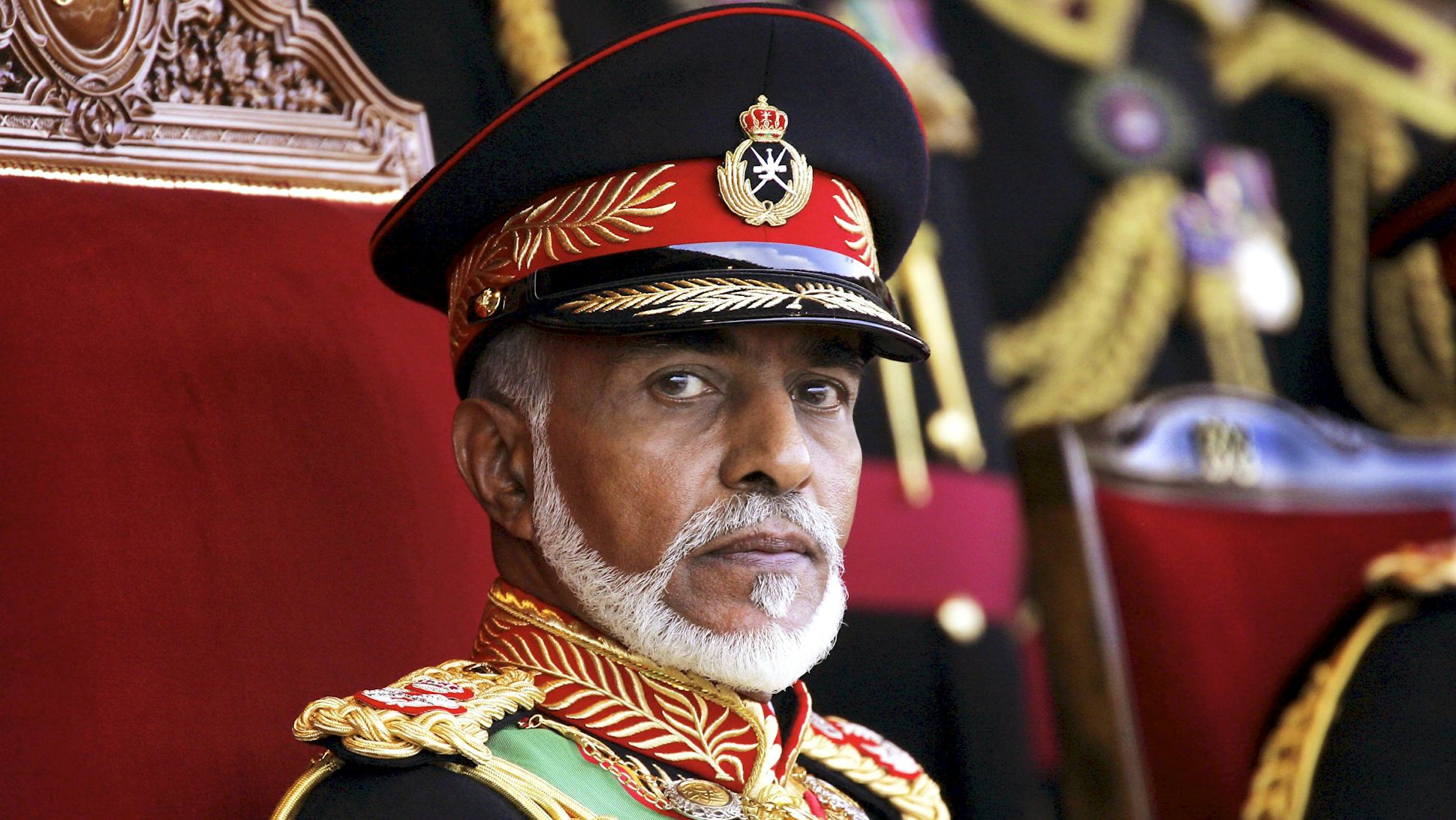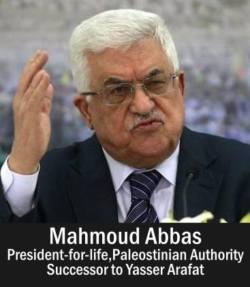Direct Translation via Google Translate. Edited.
by Kirill Semenov
[REGNUM] On November 18, the Sultanate of Oman celebrates National Day, which was dedicated to the birthday of the late Sultan Qaboos bin Said , but continues to be celebrated under the new ruler of the Sultanate, His Majesty Haitham bin Tariq . The Sultanate of Oman began to occupy an increasingly prominent place in Russian foreign policy and foreign economic relations during the period of the Special Military Operation.
A gala reception organized by the Sultanate Embassy took place in Moscow on Monday, November 20. The states of the Islamic world, unlike Western countries, during the SVO, maintained the tradition of celebrating their national holidays in Russia, despite the fact that it is increasingly difficult to meet Western diplomats at them.
But now the level of representation of Russian officials at these events is becoming significantly higher.
Instead of stagnation of relations, as the United States and the collective West wanted to achieve, there is a noticeable revival of bilateral Russian-Omani relations in all areas.
Ibadism and the new multi-vectorism
Oman’s approach reflects changes in the foreign policy priorities of Sultan Haitham bin Tariq, who decided to consistently build a “non-Western” vector of development of Muscat’s foreign policy, despite pressure from Washington, London and Brussels.
Oman not only continued to strengthen ties with Russia, China and Iran, but also began to interact more closely with its neighbors - the Kingdom of Saudi Arabia, the United Arab Emirates and Qatar, including in those areas that define the policies of these states as multi-vector and nationally oriented .
The peculiarities of Oman's foreign policy and the position of the sultanate in the Arab and Islamic world are determined by the dominant school of Islam in the country. Most Omanis, including the ruling elite and the Sultan, adhere to Ibadism, a branch of Islam separate from both Shiism and Sunniism and its offshoots. Ibadism arose earlier than all others in the first century according to the Hegira (Islamic chronology, corresponds to most of the 7th - early 88th centuries AD - Ed.), during the period of the so-called First Fitna (turmoil) in the Islamic Caliphate.
Since that time, Ibadism has established itself in Oman, which determined the special place of this state in the world of Islam.
Throughout history, the Ibadis have learned to build relationships with their opponents, be they the Umayyads or the Abbasids, the Ottomans or the Safavids.
Thanks to this, as well as the policy of maneuvering between these centers of power, Oman not only maintained its independence and religious identity for centuries, but was also able to extrapolate this experience of interaction to relations with leading European powers.
This even allowed Oman to build its own empire in the 17th–19th centuries, the center of which was Zanzibar (now Tanzania), having conquered their colonies in Africa from Mozambique to Somalia from the Portuguese, and to move deeper into the continent all the way to the Congo.
Partnership with Russia
If we talk about Oman’s attitude towards Russia, the most indicative is the position of the Sultanate regarding the Russian Northern Military District. When asked by the French newspaper Le Figaro whether the Russians “made a mistake by invading Kiev ,” the country’s Foreign Minister Badr bin Hamad bin Hamoud al-Busaidi said: “We are not saying this, otherwise we would be stuck in accusations, which will not allow us to move towards ending this war."
The intensification of contacts between the two countries during the CBO period is evidenced by the first visit since 2016 of Russian Foreign Minister Sergei Lavrov to Muscat and the visit of the Minister of Foreign Affairs of the Sultanate to Moscow in July 2023, which took place within the framework of the Russia-Arab Cooperation Council negotiations. Gulf States (GCC)".
In addition, in September 2023, Secretary of the Russian Security Council Nikolai Patrushev visited Oman , which confirmed the existence of common points of contact between the Russian Federation and the Sultanate in the field of defense and security.
In its multi-vector approach, Muscat went much further than its closest neighbors from the GCC and began to develop not only economic and political, but also military ties with such opponents of the collective West as the PRC or Iran. Russia now has good prospects for intensifying this area of cooperation both in bilateral and multilateral formats.
We are talking about the possibility of interaction within the Russia-Iran-Oman and Russia-China-Oman triangles.
Thus, as yet unconfirmed information is being circulated about Beijing’s plans to create its own military base in Oman. Bloomberg reported this. According to agency sources, Beijing and Muscat held relevant negotiations in October 2023, and the Omanis expressed agreement on this matter.
Oman has never severed ties with Iran, unlike its neighbors, but, on the contrary, has increased them.
Oman and Iran have repeatedly conducted naval exercises in the Strait of Hormuz, the last stage of the maneuvers took place in December 2021. From time to time, news stories began to appear that Muscat allegedly also supports the pro-Iranian Yemeni Houthi rebels from the Ansar Allah movement, including by providing them with arms supplies.
Thus, the Omani Navy could join the existing practice of military maneuvers of the fleets of Russia, Iran and China in the Strait of Hormuz.
Of course, it should be borne in mind that at the same time Muscat does not intend to sever its military-political ties with the West, primarily with the USA and Great Britain, but will strive to balance them as much as possible.
"Arab Switzerland"
Oman has extensive experience in mediation activities in conflict resolution. It is often called the “Switzerland of Arabs” because of its status - not so much neutral, but equidistant relative to regional players and world capitals. We cannot discount the Sultanate’s ability to promote certain mediation initiatives against the backdrop of the conflict between Russia and the West around Ukraine.
Muscat was the site where a ceasefire was negotiated between the Saudi-led coalition and Yemen's Houthi rebels in April 2023. This was the result of long and painstaking work by the Omanis with all parties to the conflict, starting in 2015. Therefore, Oman can be called, along with China, an accomplice to the Saudi-Iranian normalization, which was primarily hampered by the conflict in Yemen.
In addition, Oman acted as a mediator in negotiations between representatives of Washington and Tehran on the exchange of prisoners, which took place in September 2023. At the same time, Muscat had previously been a platform for negotiations regarding the conclusion of a nuclear deal with Iran in 2015 and is now again ready to come up with similar initiatives .
In particular, such initiatives became known in early October from the words of a representative of the Iranian Foreign Ministry, who stated that “the initiatives proposed by some friendly countries, including Oman, are not new agreements and plans. These are initiatives aimed at bringing approaches closer together to bring all parties back to the implementation of the JCPOA.”
Oman also remained equidistant to the parties to the Syrian civil war, which allowed it to maintain relations with both Bashar al-Assad and the Syrian opposition. This contributed to the fact that the Sultanate will become the place that suits both Damascus and its opponents to hold the next rounds of meetings of the Syrian Constitutional Committee instead of Switzerland.
“Following the results of the recent meeting of the Arab League contact group on Syria in Cairo at the ministerial level with the participation of Syrian Foreign Minister Faisal Miqdad, a joint statement was adopted, which states plans to organize the next meeting of the drafting commission of the Constitutional Committee in Muscat before the end of this year... Taking into account that “that the Omanis have established themselves as authoritative and unbiased intermediaries, providing good offices to help resolve various sensitive regional problems, we support this choice ,” the Russian Foreign Ministry noted in August 2023.
In this context, mention should be made of Vladimir Zelensky’s “shrouded in secrecy” trip to Oman in January 2020, which became the subject of much speculation.
According to the most widespread, but not officially confirmed version, then Muscat tried to bring together the Russian and Ukrainian sides to resolve the situation around Donbass. Russia could be represented at these negotiations by Nikolai Patrushev (according to other sources, Vladislav Surkov ).
"North South"
Oman could become a natural continuation of the North-South route created by Russia and Iran, taking into account the presence of only the narrow Strait of Hormuz separating the Sultanate from the Islamic Republic. Therefore, the role of land routes that go through Oman to Yemen and further through the narrow Bab al-Mandeb Strait to African countries is increasing.
Oman's Minister of Transport Saeed bin Hamoud Al-Maawali, at the May negotiations with Iran, already announced the readiness of the Omani private sector to invest in logistics and port areas in Iran, and also mentioned the need to implement the Ashgabat Agreement on trade between Oman and Central Asia through Iran.
Russian North-South initiatives would fit well into this context, on which trilateral negotiations and consultations could also be held.
In particular, joint projects with Iran and Oman for the development of the Shahid Rajai port, the use of which Oman has already shown interest, could be considered.
At the same time, Oman continues to invest in the Russian economy, despite unilateral Western restrictions.
As it became known this summer, a company whose beneficiary is an investment fund owned by the Sultanate of Oman will become a co-owner of a large Russian grain trader, Demetra Holding.
In turn, the Minister of Agriculture of the Russian Federation Dmitry Patrushev made a working visit to Oman in December last year, where he held negotiations on the development of cooperation in the field of agriculture with the Minister of Agriculture, Fisheries and Water Resources of Oman Saud Hamud Al- Habsi .
Increasing trade in agricultural goods is of particular importance, since 40% of Russian supplies to the Sultanate are food, including grain.
Since 2022, Oman has also become a major importer of Russian meat products. And from August 15 to 17, 2022, the management of Rosselkhoznadzor visited Oman, where they held a number of meetings and negotiations on expanding Russian supplies. Then the Omani side confirmed that the certification process of two Russian poultry meat production enterprises had actually been completed, which opened up access for new Russian companies to the Omani market.
In addition, Russian companies still have the opportunity to operate in the Omani Free Economic Zone (FEZ) in Duqm, the road is open for entrepreneurs who are ready to engage in real production activities. And on June 8, 2023, the Agreement on the Avoidance of Double Taxation and the Prevention of Income Tax Evasion between Russia and Oman was signed in Muscat. On the Russian side, the document was signed by the Secretary of State - Deputy Minister of Finance Alexey Sazanov , on the Oman side - by the head of the tax service, Saud bin Nasser Al Shukaili.
The tourist flow of Russian holidaymakers to Oman is growing. According to the tour operator Resort Holiday, it increased by 35% thanks to the resumption of direct flights on the Moscow-Muscat route.
|
 [Daily Wire] The Sultan of Oman, Qaboos bin Said al Said, died on Friday at the age of 79 after a recent battle with health problems, according to Oman state media.
[Daily Wire] The Sultan of Oman, Qaboos bin Said al Said, died on Friday at the age of 79 after a recent battle with health problems, according to Oman state media.

 [IsraelTimes] Transportation chief Israel Katz will travel to Muscat next week to participate in international conference, present plan for train line between Jewish State and Gulf.
[IsraelTimes] Transportation chief Israel Katz will travel to Muscat next week to participate in international conference, present plan for train line between Jewish State and Gulf. [ARABNEWS] A well-known Saudi scholar and television host has slammed the Houthis for claiming that they are winning the war against the Saudi-led coalition in Yemen.
[ARABNEWS] A well-known Saudi scholar and television host has slammed the Houthis for claiming that they are winning the war against the Saudi-led coalition in Yemen. Hereditary President-for-Life Bashir
Hereditary President-for-Life Bashir  This weekend's nuclear deal with Iran may have come together after two short rounds of negotiation in Geneva, but it's been long in the making.
This weekend's nuclear deal with Iran may have come together after two short rounds of negotiation in Geneva, but it's been long in the making.